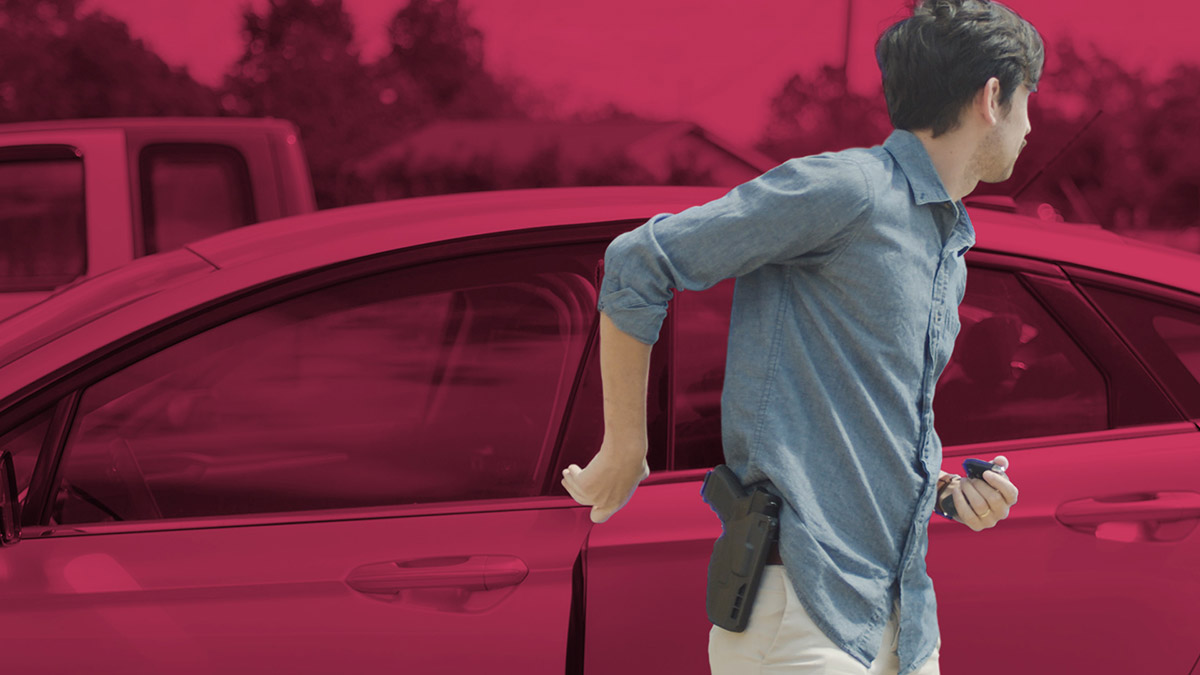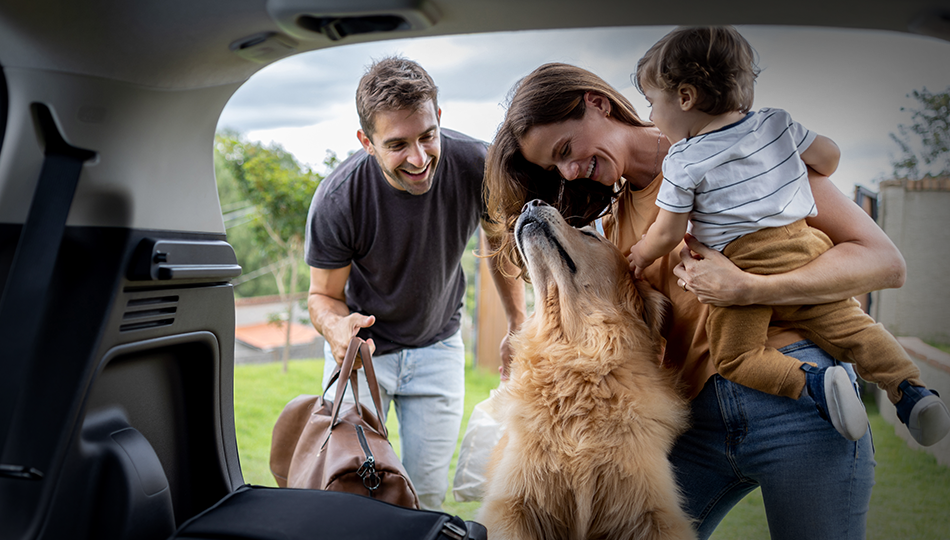
A common question that often comes up is whether you can use or borrow someone else’s gun. The general answer is “yes,” but a few legal issues must be discussed. The confusion surrounding this subject may come from the mistaken notion that people need to register their firearms. When people ask about registration, normally they are referencing a background check which occurred at the time of a sale. This is not a gun registry, but simply a record of the transaction.
As a general rule, in Virginia there is no law preventing you from using someone else’s firearm in self-defense. You can borrow a gun from a spouse, neighbor, friend, or relative and use it in self-defense with no criminal liability for the owner. In fact, there may be situations where you could use a stranger’s weapon and it would still be permissible. We have all seen those scenes in movies where the gun goes flying through the air and lands at the feet of a passer-by. If this scenario occurs in real life and the gun lands at your feet, you can absolutely pick it up, then use the gun to defend yourself against someone who would do you harm.
Doctrine of Necessity
Consider someone who might be a prohibited person—meaning they cannot legally possess a firearm due to a conviction or being an unlawful user of a controlled substance. Imagine this person finds themselves in a situation where deadly force would be justified, and a firearm becomes available. In those emergency situations, even someone who cannot legally possess a firearm can use one and have their unlawful possession excused by a legal concept known as the doctrine of necessity. In Virginia the doctrine of necessity is a common law concept that may excuse ones otherwise unlawful conduct when responding to an emergency situation. For example, necessity may forgive a person who is otherwise prohibited from possessing firearms who grabs a firearm away from an attacker in order to prevent the attacker from accessing the weapon again.
Loan versus Gift
It is important to recognize that you cannot loan or give a firearm to just anyone in Virginia. First, we must consider if it is a temporary use or a permanent gift. If it is a permanent gift, then generally it can only be transferred to an in-state resident. If it is a temporary loan—say for someone to take to the range or to try carrying to see if they like it—then you have to make sure they are not a prohibited person.
You cannot knowingly loan a firearm to anyone who is an unlawful user of illegal drugs, including marijuana. You cannot knowingly loan or allow access to a firearm to anyone who has a domestic violence related conviction, is a convicted felon, or who has been involuntarily mentally committed for psychological treatment.
Children and Firearms
Finally, you must be wary when you allow children access to firearms. It is common for people to want their children to know how to use firearms both for hunting and defensive purposes. It is a crime to recklessly leave a loaded, unsecured firearm in such a manner as to endanger the life or limb of a child under the age of 14. This is simple and based on common sense. If you have children under the age of 14 in the home, do not leave loaded guns lying around.
Even with children over the age of 14 in the home, you need to be very careful having loaded firearms around. It’s a class 1 misdemeanor to authorize a child under the age of 12 to use a firearm. The only exception is when the child is under the supervision of an adult over the age of 21.
Title I Firearms
As a final note, it is worth mentioning that the entirety of the discussion we have had today has been based on the assumption that we are discussing Title I firearms. These are your common rifles, shotguns, and pistols. Anyone who owns a Title II NFA weapon, such as a machine gun, must follow a very stringent set of rules. In many instances, the NFA laws would prohibit loaning such a weapon to someone else.
If you have any other questions about self-defense laws, call U.S. LawShield and ask to speak to your Independent Program Attorney.





My husband passed away 1/15/2021.We’re from VA. he had many hunting rifles, and some pistols.his father wants many of the rifles back that he gave my husband as gifts years ago. My husband wanted me to keep what I wanted for myself &sell the rest but he didn’t have a will.Arent these mine now??